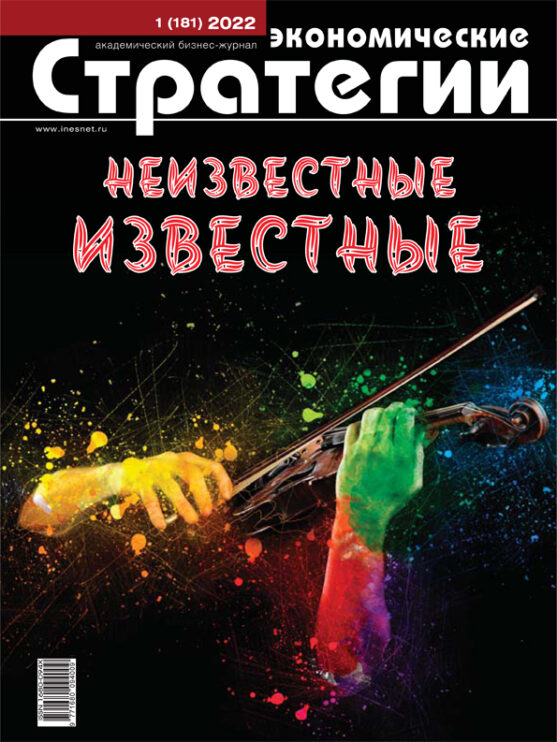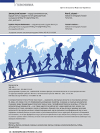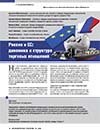Major Factors of the Settlement of Migrants from Central Asian Countries in Siberia and the Far East
DOI: https://doi.org/10.33917/es-1.181.2022.118-125
With the Soviet Union’s collapse Russia became a recipient country for labour migrants from Central Asian countries. First of all, this is related to the fact that migration subsystem has been formed, based on socio-economic relations between the countries of the former Soviet Union, as well as to geographic proximity; secondly, there are more opportunities for migrants in Russia — there is the lack of jobs in their countries, low wages and therefore migrants move to Russia mainly in search of a better life. In this article, the authors examine the settlement dynamics of migrants from Central Asian countries in the Siberian Federal District and in the Far Eastern Federal District. The main factors that influence the resettlement of migrants in these territories were identified. As a result of the study, it was revealed that these two federal districts are quite attractive for migrants from the mentioned countries, despite rather severe climate, since in case of the Central Asian countries the socio-economic factor prevails over the natural-climatic one.
Источники:
1. Otchet o nauchno-issledovatel’skoi rabote “Printsipy formirovaniya Ekaterinburgskoi aglomeratsii”: Etap 2 “Podgotovka proektnykh predlozhenii po formirovaniyu Ekaterinburgskoi aglomeratsii” [Report on the “Principles of Forming the Yekaterinburg Agglomeration” Research Work: Stage 2 “Preparation of Project Proposals for the Formation of the Yekaterinburg Agglomeration”]. Ministerstvo stroitel’stva i razvitiya infrastruktury Sverdlovskoi oblasti, available at: https://minstroy.midural.ru/article/show/id/1185.
2. Ryazantsev S.V. Rol’ trudovoi migratsii v razvitii ekonomiki Rossiiskoi Federatsii [Role of Labour Migration in the Development of the Russian Federation’s Economy]. RefWorld, available at: https://www.refworld.org.ru/docid/58875fb04.html.
3. Shafranov-Kutsev G.F. Sotsial’no-demograficheskie problemy osvoeniya Sibiri [Socio-demographic Problems of Siberian Exploration]. Siberian Socium, 2017, no. 1, pp. 13–24, available at: DOI: https://doi.org/10.21684/2587-8484-2017-1-1-9-17
4. Rasporyazhenie Pravitel’stva RF ot 27 maya 2013 g. N 848-r “Perechen’ territorii prioritetnogo zaseleniya” (vstupilo v silu s 1 yanvarya 2014 g.) [Decree of the Government of the Russian Federation of May 27, 2013 No. 848-r “List of Priority Settlement Areas” (Came into Force on January 1, 2014)]. Ofitsial’nyi sait Pravitel’stva RF, available at: http://government.ru/docs/2130/
5. Migratsionnye protsessy v Sibiri: narody, kul’tury, gosudarstvennaya politika [Migration Processes in Siberia: Peoples, Cultures, State Policy]. Sb. nauch. trudov. Omsk: ITs KAN, 2018, 328 p.
6. V Primor’e zhdut na rabotu trudovykh migrantov [Primorye is Waiting for Labour Migrants to Work]. Sputnik Tadzhikistan, 2018, July, 19, available at: https://sptnkne.ws/scfu.
7. Federal’naya sluzhba gosudarstvennoi statistiki, available at: https://rosstat.gov.ru/





